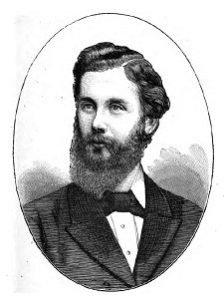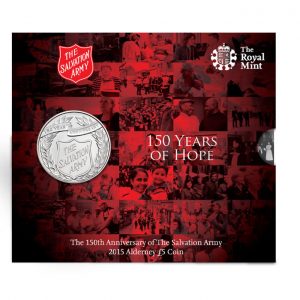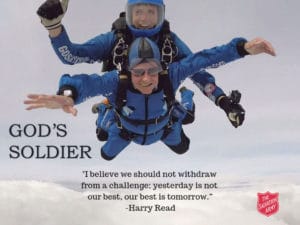I cannot tell why He, whom angels worship,
Should set His love upon the sons of men,
Or why, as Shepherd,
He should seek the wanderers,
To bring them back, they know not how or when.
But this I know, that He was born of Mary,
When Bethlehem’s manger was His only home,
And that He lived at Nazareth and laboured,
And so the Saviour, Saviour of the world, is come.
I cannot tell how silently He suffered,
As with His peace He graced this place of tears,
Or how His heart upon the cross was broken,
The crown of pain to three and thirty years.
But this I know, He heals the brokenhearted,
And stays our sin, and calms our lurking fear,
And lifts the burden from the heavy laden,
For yet the Saviour, Saviour of the world, is here.
I cannot tell how He will win the nations,
How He will claim His earthly heritage,
How satisfy the needs and aspirations
Of east and west, of sinner and of sage.
But this I know, all flesh shall see His glory,
And He shall reap the harvest He has sown,
And some glad day His sun shall shine in splendour
When He the Saviour, Saviour of the world, is known.
I cannot tell how all the lands shall worship
When, at His bidding, every storm is stilled,
Or who can say how great the jubilation
When all the hearts of men with love are filled.
But this I know, the skies will thrill with rapture,
And myriad, myriad human voices sing,
And Earth to Heaven, and Heaven to Earth, will answer:
“At last the Saviour, Saviour of the world, is King!”
With another Easter just behind us, we look forward to the day when Jesus will return and be recognised as Lord by absolutely everyone. What a day that will be! We are certainly closer to that day than people were at the time when William Fullerton penned these exuberant words, found only in the ‘new’ 2015 S.A. Song Book.
 William Young Fullerton was born in Ireland in 1857. One Sunday in his youth, he decided he wanted to begin a truly Christian life, so he repented of his sins, and began to pray and read the Bible. This worked until Wednesday of that week, when he felt he was failing in his attempt to be a Christian. William decided to start fresh the following Sunday, and he did better on this second week. On the next Sunday, though, he listened to a new preacher tell that becoming a Christian was not a matter of working at it, but of accepting God’s gift of salvation and thanking Him for it. What a relief for young Fullerton, who later became a great evangelist and pastor!
William Young Fullerton was born in Ireland in 1857. One Sunday in his youth, he decided he wanted to begin a truly Christian life, so he repented of his sins, and began to pray and read the Bible. This worked until Wednesday of that week, when he felt he was failing in his attempt to be a Christian. William decided to start fresh the following Sunday, and he did better on this second week. On the next Sunday, though, he listened to a new preacher tell that becoming a Christian was not a matter of working at it, but of accepting God’s gift of salvation and thanking Him for it. What a relief for young Fullerton, who later became a great evangelist and pastor!
William Fullerton was a student of Charles Spurgeon, and he eventually helped prepare Spurgeon’s sermons for publication. He was a writer of biographies and hymns, as well as being a pastor, and thousands of people made professions of faith under his ministry. Fullerton died in August 1932 in England, at the age of 75.
WORDS: WILLIAM FULLERTON MUSIC: IRISH TRADITIONAL – LONDONDERRY AIR
S.A. SONG BOOK, 2015 EDITION, #171
REFERENCE: BEREAN BIBLE HERITAGE CHURCH WEBSITE – PASTOR MACOMBER, WRITER







